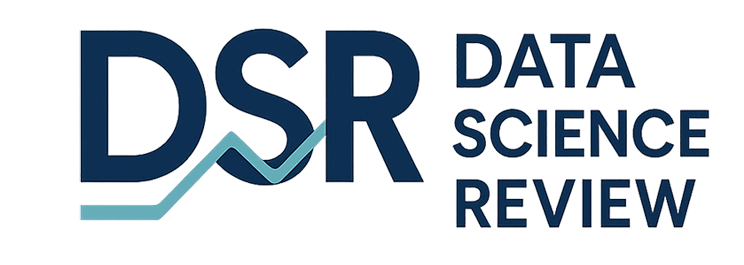I hate to be the bearer of bad news. But...
Do you remember that statistics class you hated in college? Well, you'll need to dust the cobwebs off that textbook. Data science practitioners need to know statistics!
The good news is you don't need to have a doctorate level in statistics for your data science career. It probably would help, but isn't necessary.

I have further good news for you. On Medium.com, I have written an article that describes the process of hypothesis testing. This is something I have seem many people struggle with. Their struggles often are centered around the concept of the p-value.
I won't go into it much here. But, you can get a good understanding of the concept by reading the article. It shows you the correct way to think about the p-value. Grasping this concept will help you considerably in your data science efforts. After all, several machine learning algorithms report the p-value and you are expected to know what it means and how to act on it.
Read Through the Article Several Times
As I write in the article, if you want to grasp the concept, you may need to review it several times. When it clicks, you'll have the concept forever. In fact, when you learn it properly, it will be the only definition that makes sense. You'll find several wrong definitions online that may have seemed to make sense before and will suddenly seem out-of-place when you "get it!"
Note: the article isn't about how to calculate the p-value. It's more about why it is derived and how to interpret it. You'll find plenty of advice on how to calculate it online. I'll include a few resources at the bottom of this post!
Commit to Learning Hypothesis Testing
You will use hypothesis testing and statistics in your data science endeavors. You'll receive interview questions on it and you will be expected to know about these concepts. You may as well learn it and learn it right.
Resources:
Who's Afraid of the Big Bad Hypothesis Test?
Khan Academy: How to Calculate p-value
Statistics by Jim: Why Are P Values Misinterpreted so Frequently?

